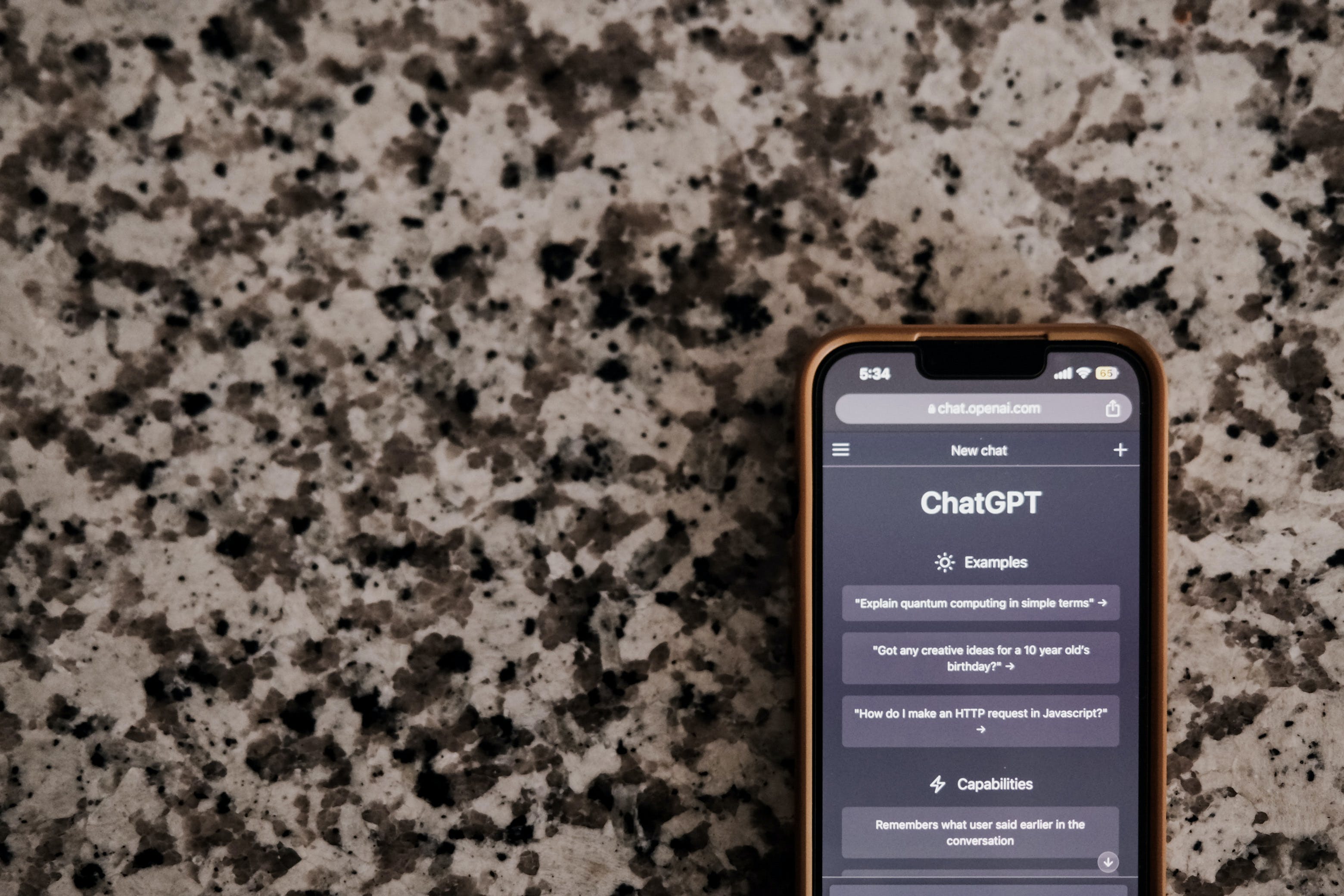
W. P. Carey employees discuss ASU's partnership with OpenAI
This month's Coffee, Tea, and ChatGPT session focused on the university's call for ChatGPT Enterprise proposals.
The W. P. Carey School of Business introduced the speaker series "Coffee, Tea, and ChatGPT" during the spring and summer of 2023 to share the impact of generative AI and ChatGPT on teaching and learning and to bring faculty and staff together to learn from each other. The series rotates around the business school academic departments as conversation starters and involves faculty and staff across W. P. Carey, along with colleagues from other ASU units and the Office of the University Provost. This story is the second in a series about Coffee, Tea, and ChatGPT to share learnings with the broader community.
Earlier this month, ASU announced its partnership with OpenAI, the research and deployment company that launched ChatGPT in 2022. As the first institute of higher education to collaborate with OpenAI, ASU employees have the unique opportunity to leverage ChatGPT Enterprise technology to drive innovative change in education and research.
Last year, Associate Dean for Teaching and Learning Dan Gruber partnered with W. P. Carey teaching leads to bring Coffee, Tea, and ChatGPT sessions to university staff while keeping in alignment with the Office of the University Provost's and Gemma Garcia, executive director of learning technology in the provost's office. During the first Coffee, Tea, and ChatGPT event of the year on Jan. 23, employees from across ASU gathered to learn more about the university's partnership with OpenAI and share what they've learned about using artificial intelligence (AI) in the workplace and classroom.
Garcia, Allison Hall, senior director of learning experience at Enterprise Technology, and Ayat Sweid, AI program manager of AI Acceleration, began the event with a Q&A session about the OpenAI partnership. The collaboration provides ASU with a personalized ChatGPT instance — an exclusive, more secure version of the language model dedicated to a single organization and separate from the free, publicly accessible ChatGPT application.
ASU is limiting ChatGPT Enterprise access to measure the application's success and security and began accepting proposals for 1,000 available licenses from university employees on Feb. 1. License recipients will be selected based on their proposed use of leveraging ChatGPT Enterprise for innovation in research and education, student success, and improving organizational processes. The proposal review process includes a collaborative panel of reviewers led by the Provost's office that will select, support, and gather feedback from the license recipients.
Garcia, Hall, and Sweid emphasized that while the university tests the application's safety and security, users should not provide the ASU ChatGPT instance with sensitive information like copyrighted materials, personal details, or FERPA-protected data.
"We have a rare opportunity to push the boundaries of what is possible on this, so we're looking for innovative proposals… How can we take our unprecedented access and apply it in new and different ways that will drive development and education rooted in principled innovation?" asked Hall.
Hall encouraged attendees to consider who their proposals would impact and how they could measure success while accounting for the humanity of the people involved.
When compiling their proposals, faculty and staff can consider how principled innovation (PI), ASU's newest design aspiration, relates to mindful AI, which Pei-yu "Sharon" Chen, director of W. P. Carey's Center for AI and Data Analytics (AIDA) for Business and Society (aka the Mindful AI center), discussed during December's Coffee, Tea, and ChatGPT event. Chen explained that mindful AI is a holistic attempt to understand the broader impact of how we use technology on different groups of people, society, and humanity with the intent to reduce the risk of technology misuse. Mindful AI affects ethics, fairness, privacy, security, and the well-being of people through intended and unintended consequences.
The foundations of principled innovation are propelling awareness across the university when asking critical questions around generative AI. At W. P. Carey, Gruber and Jared Byrne, director of the Center for Entrepreneurship and New Business Design, are bringing principled innovation to faculty, staff, and students as College Catalysts to help bolster their efforts.
The event concluded with discussing AI's influence on culture, university life and expectations, and ASU's guidelines and policies for generative AI use. Gruber noted at the end of the session that the vibrancy and energy of the learning community continues to grow in meaningful ways. "It is inspiring for us to be engaging in these discussions at W. P. Carey and across ASU that are transforming teaching and learning while practicing principled innovation," he shared.
Latest news
- Pop culture is key to effective teaching
How a management and entrepreneurship professor uses Ted Lasso and other pop-culture touchstones…
- Artificial intelligence in business master's degree helps Nathan Merriman combine business strategy with technology
Nathan Merriman (MS-AIB '25) had been working in business for a few years when he learned about…
- How the Executive MBA empowered Scott Gates to be a mission-driven leader
Scott Gates (BS Marketing '04, Executive MBA '15) had a very positive experience during his…